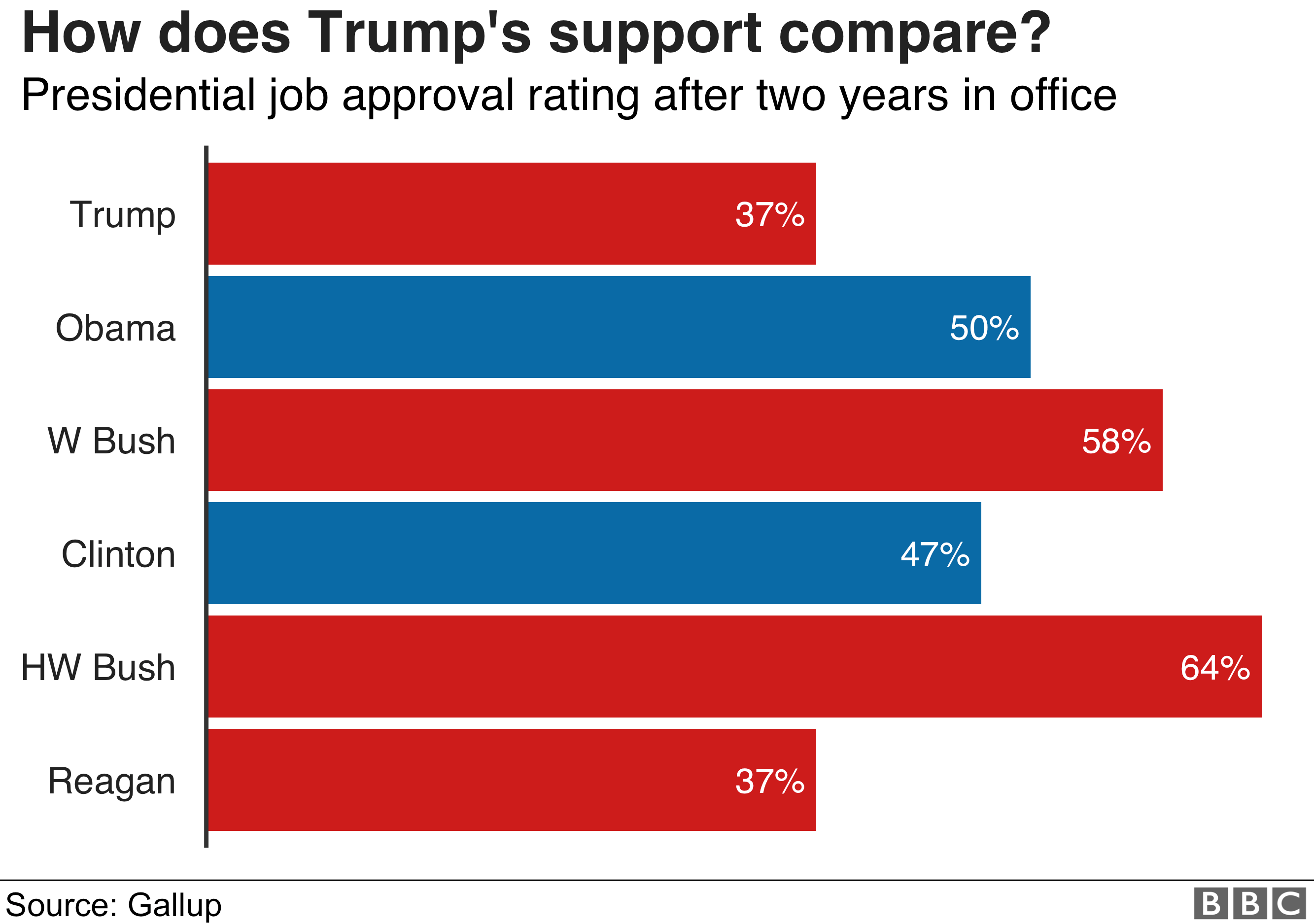Uber Accused Of Deceptive Marketing In FTC Subscription Lawsuit

Table of Contents
The FTC's Allegations of Deceptive Marketing
The FTC's lawsuit against Uber centers on claims of deceptive marketing surrounding its subscription services, primarily Uber One. The complaint alleges that Uber employed several tactics to mislead consumers, leading them to believe they were receiving greater value than they actually were. These deceptive practices allegedly included:
-
Misleading advertising claims regarding subscription benefits: The FTC alleges that Uber's advertisements exaggerated the discounts and savings offered through its subscription programs, creating a false impression of significant cost reductions. These ads often showcased attractive visuals and highlighted discounts that were not consistently applied or available to all users.
-
Hidden fees or charges not clearly disclosed to subscribers: The lawsuit claims that Uber failed to adequately disclose all fees and charges associated with its subscription services, leading to unexpected costs for consumers. This lack of transparency allegedly obscured the true cost of the subscription, undermining the advertised value proposition.
-
Difficult cancellation processes: The FTC alleges that Uber made it deliberately difficult for subscribers to cancel their subscriptions, thereby trapping consumers into unwanted recurring payments. Complex cancellation procedures and unclear instructions are cited as examples of this allegedly deceptive practice.
-
False advertising regarding price discounts or savings: The FTC contends that Uber's advertised discounts were frequently misleading or inconsistently applied, leading consumers to believe they were receiving greater savings than they actually were. The lawsuit includes specific examples of advertisements that the FTC claims were deceptive and misleading.
Uber's Response to the Lawsuit
Uber has responded to the FTC's allegations, asserting that its marketing practices were entirely compliant with industry standards and that it has always strived for transparency with its customers. However, specific details of their defense remain to be seen. Uber's response may include:
- Dispute of specific allegations: Uber is likely to challenge the specifics of the FTC's claims, presenting evidence to refute allegations of misleading advertising and hidden fees.
- Claim of clear and transparent communication with customers: Uber may argue that it provided clear and concise information regarding its subscription terms and conditions, and that any misunderstandings on the part of customers are due to a lack of due diligence, not deceptive practices.
- Reference to efforts to improve user experience and transparency: Uber might highlight initiatives undertaken to improve the clarity of its pricing and subscription terms, emphasizing its commitment to customer satisfaction.
Potential Impact on Uber and the Ride-Sharing Industry
The potential repercussions of this Uber deceptive marketing lawsuit are far-reaching. If found guilty, Uber could face:
- Significant fines and penalties: The FTC could impose substantial financial penalties on Uber, impacting its profitability and shareholder value.
- Changes to Uber's marketing practices and subscription offerings: Uber may be forced to overhaul its marketing strategies and potentially restructure its subscription programs to improve transparency and eliminate potentially deceptive practices.
- Increased regulatory scrutiny of the ride-sharing sector: The lawsuit could lead to increased government oversight and regulation of the entire ride-sharing industry, forcing other companies to adopt more transparent and ethical business practices.
- Impact on consumer perception and brand loyalty: Negative publicity surrounding the lawsuit could erode consumer trust in Uber, potentially leading to a decline in ridership and market share.
Similar lawsuits against other tech companies highlight the growing scrutiny of marketing practices within the industry, underscoring the importance of ethical and transparent business models.
The Future of Uber's Subscription Services
This lawsuit will undoubtedly shape the future of Uber's subscription services. The outcome could lead to:
- Significant modifications to Uber One and other subscription programs, enhancing transparency and clarity regarding pricing and benefits.
- A complete overhaul of Uber's marketing materials, ensuring they accurately reflect the services offered and adhere to strict ethical guidelines.
- Potentially, a re-evaluation of the viability of subscription models in the long term, prompting Uber to reconsider the structure and offerings of its subscription-based services.
The Fallout from the Uber Deceptive Marketing Lawsuit
The FTC's lawsuit against Uber exposes the critical need for transparency and ethical marketing practices in the tech industry. The potential consequences for Uber – significant fines, reputational damage, and regulatory scrutiny – serve as a stark warning to other companies operating in this space. The Uber deceptive marketing lawsuit is a critical case study highlighting the importance of consumer protection and the far-reaching impact of deceptive business practices. Stay updated on the developments of this crucial Uber deceptive marketing lawsuit and its implications for consumer rights.

Featured Posts
-
 Milwaukee Brewers Historic Rout Of Oakland Athletics
Apr 23, 2025
Milwaukee Brewers Historic Rout Of Oakland Athletics
Apr 23, 2025 -
 The Trump Era And The Us Economy An Objective Assessment Using Data
Apr 23, 2025
The Trump Era And The Us Economy An Objective Assessment Using Data
Apr 23, 2025 -
 Calendario Laboral 2024 El Puente Del 21 De Abril
Apr 23, 2025
Calendario Laboral 2024 El Puente Del 21 De Abril
Apr 23, 2025 -
 Yelich Homers First Time Since Back Surgery Recovery
Apr 23, 2025
Yelich Homers First Time Since Back Surgery Recovery
Apr 23, 2025 -
 Mulai Pekan Dengan Semangat 350 Kata Inspirasi Hari Senin
Apr 23, 2025
Mulai Pekan Dengan Semangat 350 Kata Inspirasi Hari Senin
Apr 23, 2025
